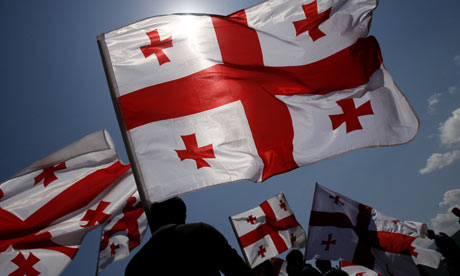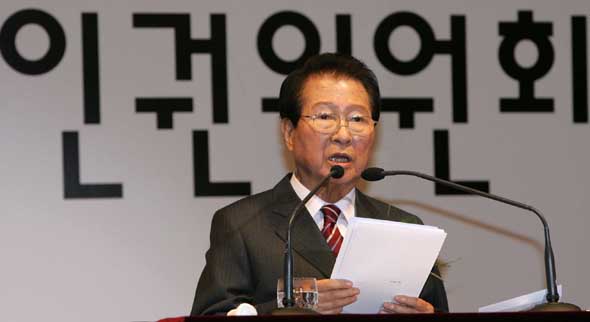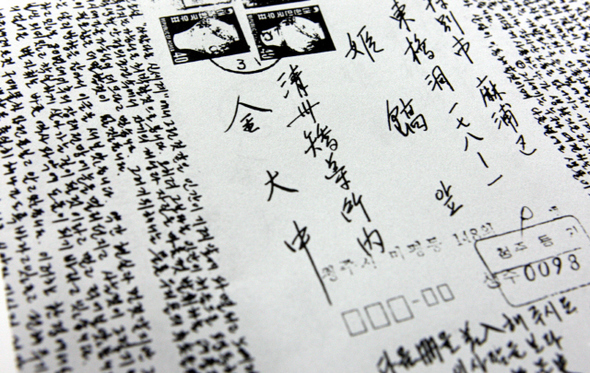
Georgians wave their national flag in Gori, 50 miles west of Tbilisi, on the eve of the anniversary. Photograph: David Mdzinarishvili/Reuters
Russian and Georgian troops were on high alert today, on the eve of the first anniversary of their war over the disputed South Ossetia region.
Tomorrow marks a year since Georgia launched a massive artillery barrage against Tskhinvali, the capital of its breakaway Moscow-backed republic, prompting an invasion by Russian troops that led to five days of bitter fighting.
The two sides have traded barbs over the last week, with each accusing the other of exacerbating tensions. About 1,000 Russian troops remain stationed in South Ossetia – a scrap of land beneath the Greater Caucasus mountain range – and were "standing ready to act" against "Georgian provocations", officers said.
A Russian army source told Itar Tass news agency: "If [Georgian president Mikheil] Saakashvili decides to repeat his reckless venture of last year‚ [we will] nip the aggression in the bud and destroy the Georgian army in the approaches to South Ossetia."
Russia's deputy foreign minister, Grigory Karasin, accused Tbilisi yesterday of rearming with the help of the United States. "No one can give us any guarantee there will be no new aggression from Georgia," he said.
His remark followed claims by South Ossetian officials on Tuesday that a village inside its territory had been hit by mortar fire from Georgia. There were no casualties and Georgia dismissed the assertion as an "outright lie".
A day earlier, Saakashvili's government in Tbilisi said that Russian troops had set up new border demarcations on the edge of South Ossetia in an attempt to "penetrate into the depth of Georgian territory".
EU monitors – the only neutral observers now patrolling the former frontline – have called for restraint from both sides.
The war started at 11.15pm on 7 August last year when Georgian artillery opened up on Tskhinvali, the South Ossetian capital, after exchanges of mortar fire over preceding weeks. Saakashvili had long promised to return the breakaway republic to his government's control and his troops made initial gains as they advanced across its borders.
However, Georgian forces met stiff resistance from South Ossetian irregulars, who were soon reinforced by columns of Russian tanks, rocket launchers and troops flowing through the 2.5-mile Roki tunnel, which provides a link to Russia in the north. Georgian troops were comprehensively defeated and a peace plan was brokered by the French president, Nicolas Sarkozy.
Two weeks later Moscow recognised the independence of South Ossetia and Abkhazia, another Russia-backed breakaway region.
A year on, the signs of war are still all around. Many of the estimated 25,000 refugees forced to flee Georgian enclaves in South Ossetia, where their homes were systemically destroyed, now live in a string of resettlement camps near the border. In Tskhinvali, hundreds of homes and government buildings remain gutted despite Russia's promise of $640m (£380m) in reconstruction money, prompting suspicion of embezzlement by government officials.
This week South Ossetia's president, Eduard Kokoity, appointed a Russian builder as prime minister in an attempt to speed up the restoration effort.
Kokoity, 44, a former wrestler, has admitted that his republic may even merge with its northern neighbour. "We will build our own state, which will be in alliance with Russia, together with Russia and I am not excluding that one day, we will be part of Russia," he said this week. "The people of South Ossetia want to be united with Russia."
Ossetians are expected to gather in central Tskhinvali for an all-night vigil to commemorate the anniversary of the assault on the city tomorrow, while a genocide museum is to be opened.
Kokoity said that all borders with Georgia had been sealed to ensure security.
Sergei Bagapsh, the leader of breakaway Abkhazia on the Black Sea coast, said tension was also high in his republic. "As long as Georgia is ruled by an aggressive regime, it is very difficult to talk about security," he said, in televised comments. "We are doing all we can today so that our troops and everything that strengthens our defence are combat-ready."
A 40-page report on the war produced by the Georgian government this week was unrepentant, saying that the attack on South Ossetia was a "defensive operation" to protect Georgian villages from mortar attacks.
Defeat in the conflict was a serious blow for Saakashvili, who had spent years cultivating western leaders with the aim of Georgia eventually joining Nato, a hope dashed for the foreseeable future.
Several of his key allies have gone into opposition and the zealous support which Georgia enjoyed from Washington under George Bush has waned.
Russia, while the clear winner in military terms, has seen increasing nervousness among former Soviet states that it used to count as close allies.
A report of an EU inquiry into the war that was due to be published at the end of July has been delayed until September.

 성연철 기자
성연철 기자


